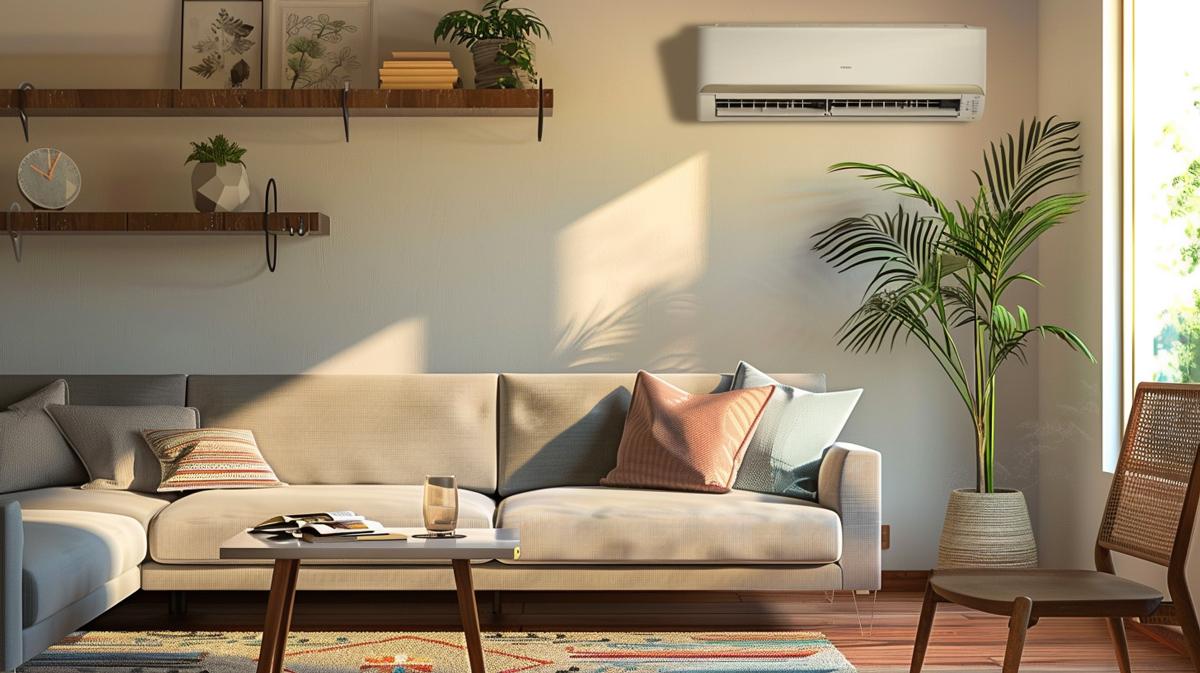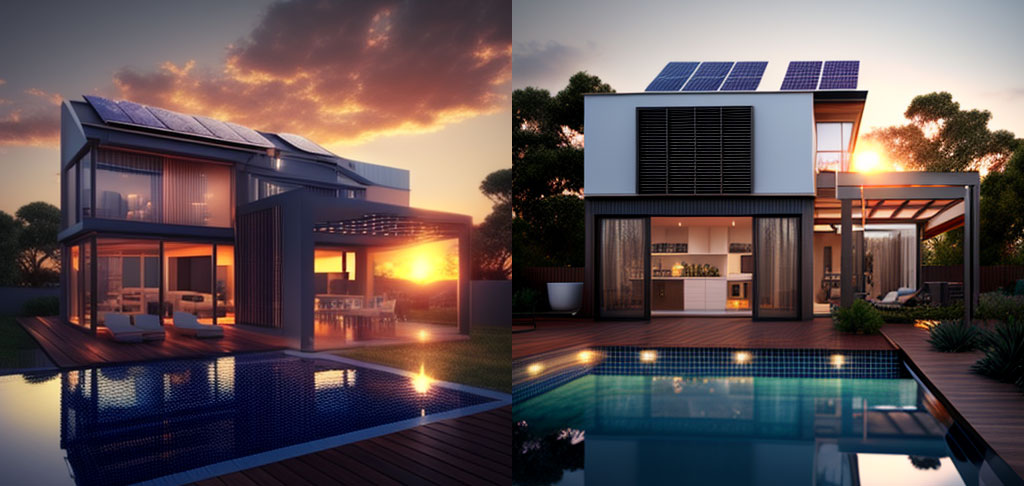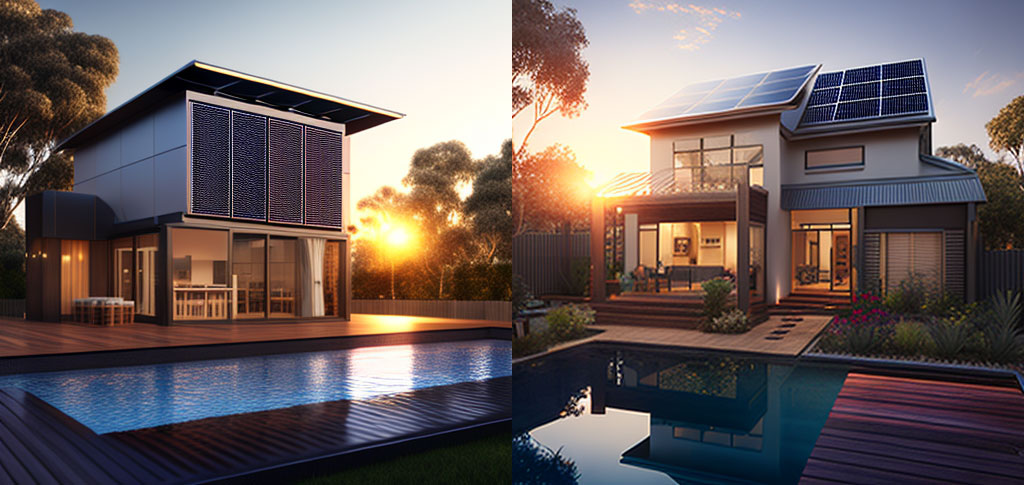


Last updated on August 25, 2023
Are you considering making the switch to solar power/energy but feeling overwhelmed by all the information out there? In just 7 minutes, we’ll give you everything you need to know before taking the leap into renewable energy. From cost savings to environmental benefits, this quick read will leave you feeling confident and excited about joining the solar revolution. Let’s get started!
Solar energy is a type of renewable energy that is derived from the sun’s rays. Solar panels convert sunlight into electricity, which can then be used to power homes and businesses. Solar energy is a clean and sustainable source of energy that can help to reduce your carbon footprint.
There are many benefits to switching to solar energy. Solar panels can save you money on your electric bill, as well as provide you with backup power in the event of a power outage. Solar panel systems can also increase the value of your home.
I In addition, solar energy is an environmentally friendly source of power that helps to reduce our dependence on fossil fuels. You can get paid for supplying the grid with excess energy, Solar energy does not produce any air or water pollution, and its use does not require the burning of fossil fuels.
Solar energy is becoming increasingly popular as an alternative to traditional sources of energy. The use of solar energy is growing rapidly due to its cost-effectiveness and environmental benefits. As more people switch to solar energy, the cost of installing a system will continue to decrease, making it even more accessible for everyone.
Solar panels are devices that convert sunlight into electricity. They are made up of solar cells, which are the basic units that produce electricity. Solar panels are used to power homes and businesses, and they can also be used to generate electricity for the grid. Solar panels are a key component of solar power systems, and they can be used to generate both domestic and commercial electricity.
Solar panels come in a variety of sizes and shapes, and they are typically made from silicon-based semiconductors. When sunlight hits the panel, it causes electrons to flow through the material and generate electricity. The amount of electricity generated depends on the size and type of panel.
Solar panels can be mounted on rooftops or used in ground-mounted arrays, such as solar blankets that RV’s and campers tend to us. They require little maintenance, as they are designed to withstand harsh weather conditions. Solar panels can last for many years with minimal servicing requirements.
There are many reasons why you might want to consider making the switch to solar power. Here are just a few of the benefits that you could enjoy:
1. Save money on your energy bills – Solar energy is free once you have installed the initial equipment, so you could start saving money on your energy bills straight away.
2. Help the environment – Solar energy is a renewable resource, so using it can help reduce your carbon footprint and do your bit for the planet.
3. Increase your home’s value – If you install solar panels, you could add value to your home as they will make it more attractive to potential buyers in the future.
4. Get paid for generating electricity – If you generate more electricity than you use, you could get paid for it through schemes like the Feed-in Tariff in the UK.
5. Be self-sufficient – Solar power can give you a sense of independence as you will not be reliant on the national grid for your electricity supply.
6. Inflation – Australia’s cost of energy is skyrocketing, so an investment in solar will shelter you from this.
Solar technology has seen remarkable advances in recent years, making it more efficient and affordable than ever before. Here are some of the key ways solar technology has advanced in recent years:
1. Solar panels are now more efficient than ever before. The best solar panels on the market can now convert up to 22% of the sunlight they receive into electricity, compared to just 15% a few years ago. This means that you need fewer panels to generate the same amount of power, making solar a more cost-effective option.
2. Solar panels are now cheaper than ever before. Thanks to improvements in manufacturing techniques, solar panels have become much cheaper to produce. This has driven down the cost of switching to solar power, making it a more attractive option for homeowners and businesses alike.
3. Solar batteries have also seen considerable advances. Solar batteries are used to store excess energy generated by solar panels, so it can be used when needed (such as at night or during a power outage). The latest generation of solar batteries is significantly more efficient than older models, meaning you can store more energy and use less of your backup power source.
If you’re still not sure about switching to solar power, Here are a few considerations to factor that will help you make the decision:
1. How much sun does your home get? This is an important factor in determining whether or not solar panels will be effective in generating power for your home. If you live in an area with limited sun exposure, solar may not be the best option for you.
2. How much electricity does your home use? The amount of power you use will directly impact the size and number of solar panels required to meet your needs. If your home uses a lot of electricity, solar may be a good option for you.
3. What is your budget? Solar panels can be a reasonable investment, but if financing doesn’t worry you, you could be saving money on utilities. If you want to know more, reach out and we can help you do the math. There are a variety of financing options available, so be sure to research all of your options before making a final decision.
Making the switch to solar energy is a big decision, but it doesn’t have to be a difficult one. By taking the time to consider all of the factors involved, you can make an informed decision that’s right for you and your family.
The cost of solar has dropped significantly in recent years, making it a more viable option for homeowners. However, there are still some cost considerations to keep in mind before making the switch.
The upfront cost of solar panels and installation can be expensive, but it pays itself off over time, and there are several financing options available to make it more affordable. Coalfield Climate control can bundle finance options with air conditioning equipment, lighting, and pool heaters all into a single repayment. Ideally, you’ll be saving money. Additionally, solar panels have a long lifespan and require little maintenance, so the long-term savings can be significant.
Your utility bills will reduce significantly, but what’s most attractive to people renovating their homes is that solar panels can also increase the value of your home, which is another factor to consider when weighing the costs and benefits of switching to solar.
1. Decide if solar is right for you: Solar energy isn’t right for everyone, so the first step is to determine if it makes sense for your home or business. Consider things like your roof size and orientation, shading, and local climate when making your decision.
2. Do your research on what you’d like to power with your solar panels, you may require specific items, like solar powered air conditioning to take full advantage of your installation. Coalfields can walk you through all the options too.
3. We can choose a system size and type: The next step is to choose the size and type of solar system that will work best for you. There are a variety of factors to consider when making this decision, including your electricity needs, budget, and roof size.
4. Have your system installed: Once you’ve chosen a system, it’s time to have it installed by a professional solar installer like Coalfields Climate Control in the Hunter Valley. This process typically takes a few weeks from start to finish.
5. Start saving money on your electric bill: After your system is up and running, you’ll start seeing savings on your electric bill each month. These savings can add up quickly, so enjoy them!

1. How much does it cost to go solar? The upfront cost of going solar can be expensive, but there are many ways to finance your system. There are also many tax credits and incentives available that can help offset the cost.
2. How do I know if my home is suitable for solar? Almost all homes are suitable for solar, but the amount of sunlight your home receives and the orientation of your roof will affect the size and output of the system. A professional solar installer can help you determine if your home is a good fit for solar.
3. What are the benefits of going solar? In addition to saving money on your energy bills, going solar can also help reduce your carbon footprint and contribute to a cleaner environment.
4. Are there any drawbacks to going solar? The initial cost of going solar can be high, but the long-term savings and environmental benefits make it a worthwhile investment. Solar panels also require very little maintenance once they are installed.
Making the switch to solar energy is an important step for anyone looking to reduce their carbon footprint and live a more eco-friendly lifestyle. With this quick, 7-minute guide, you now have all the information you need about how solar power and renewable energy works. You’ll have a simple understanding of what it takes to make the switch. We hope that this article has given you enough knowledge to decide if going green with solar energy is right for your home or business.

